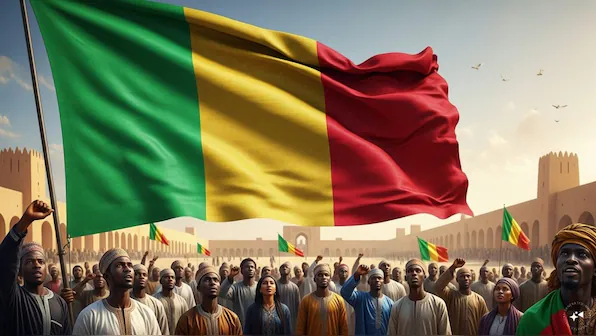
The legal battle over the dissolution of political parties in Mali has entered a critical stage as the High Court of Commune I in Bamako referred the case to the Constitutional Court on Monday.
The court deemed the complaint admissible but declared itself unable to rule on the merits, leaving the decision to the country’s top constitutional body.
The controversy stems from a decree issued by the transitional authorities in May, which dissolved Mali’s 297 political parties, citing the need to “preserve national unity.”
The move triggered widespread protests and prompted opposition parties to challenge the decree in court.
For the first time, the High Court accepted to examine the request, opening a potential judicial review. However, the judges emphasized that only the Constitutional Court—the guardian of Mali’s Constitution—has the authority to determine whether the decree aligns with the Basic Law.
“This is a historic opportunity to reaffirm the Constitutional Court’s role as guarantor of freedoms and republican legality,” said Mr. Mountaga Tall, a political figure and lawyer representing the plaintiffs. He described the referral as a decisive moment for the preservation of Mali’s democratic framework.
The upcoming decision carries profound implications for the country’s political landscape. If the Constitutional Court upholds the dissolution, opposition parties will remain excluded from political life, reinforcing the transitional authorities’ control under General Assimi Goïta. Conversely, an annulment would mark a significant victory for pluralist politics, revitalizing the space for civic and political engagement.
Pending the court’s ruling, Mali remains at a crossroads between authoritarian consolidation and the defense of legal and political freedoms. The decision of the Constitutional Court is expected to shape not only the fate of the nation’s political parties but also the broader trajectory of Mali’s democratic transition.
As the nation watches closely, the case underscores the tensions between executive authority and constitutional oversight in a country striving to balance stability with the rule of law.



